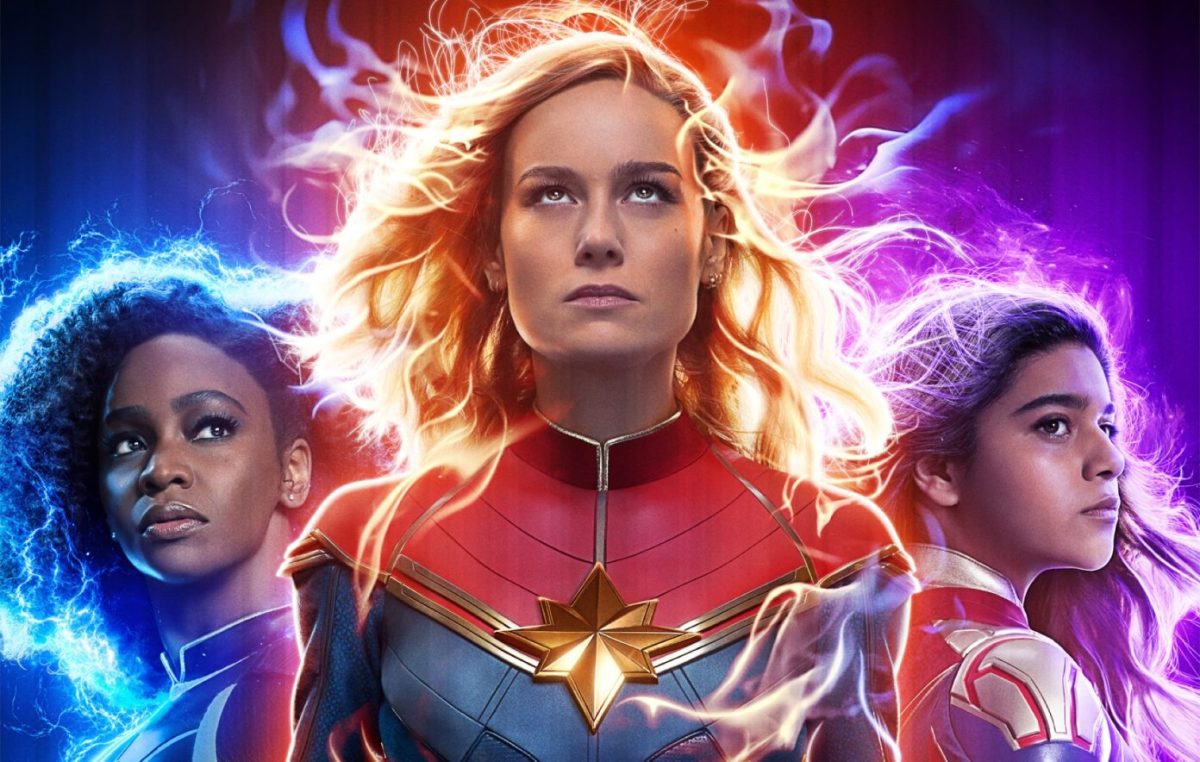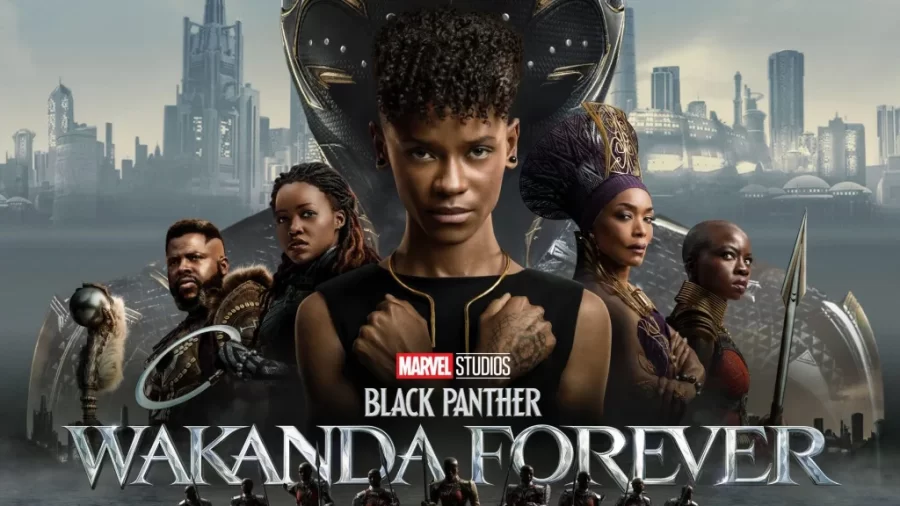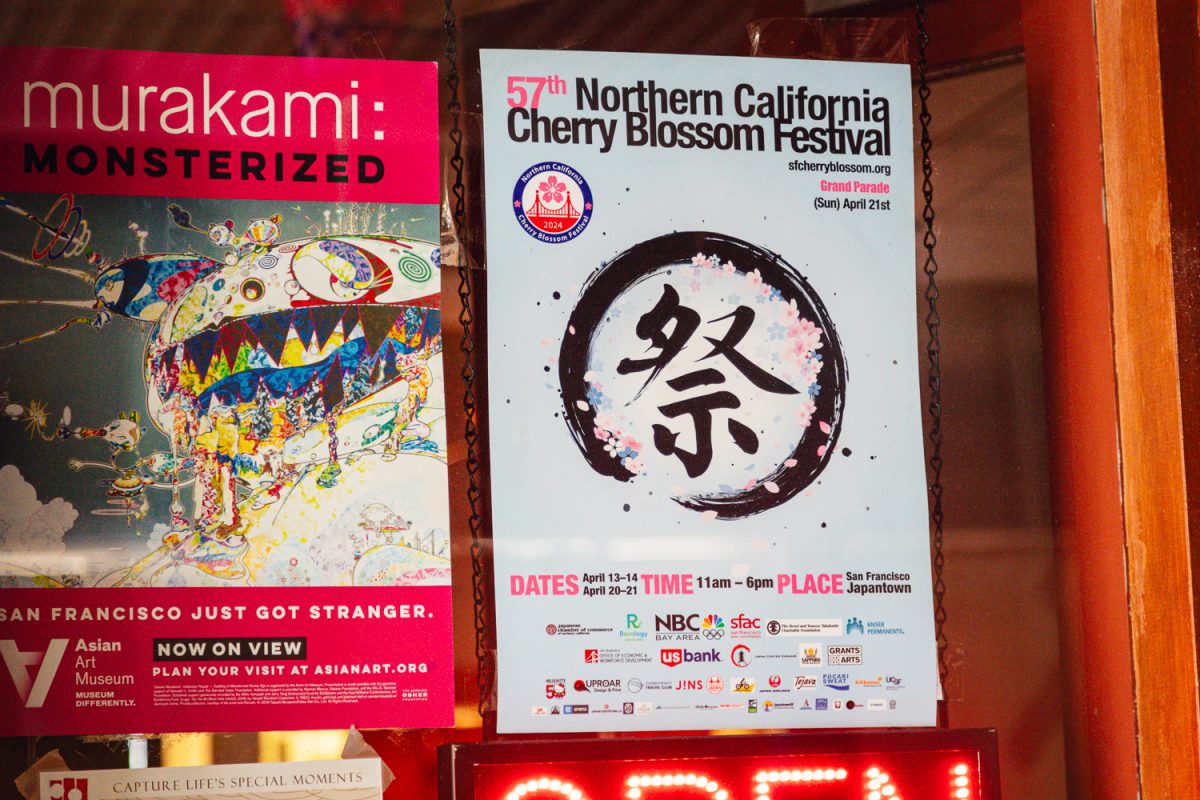I’ve been a fan of Taylor Swift since I could talk.
I have memorized every single lyric off of her sophomore album, “Fearless,” over the course of a million car rides, and ever since then, I have been invested in her career. “Fearless” remains my favorite album of hers to date.
That being said, her most recent release, “Lover,” did not disappoint.
Among the many standout tracks from “Lover” is “Miss Americana & the Heartbreak Prince,” which provides the namesake of her new film, currently streaming on Netflix. In contrast to her earlier Netflix special, “Taylor Swift’s Reputation Stadium Tour,” this film primarily focuses on Swift’s life behind the scenes.
Before writing this review — and not to get too off-topic here because, of course, part of the fun of reading a review is being able to immerse yourself within the work — I debated whether or not I would have enough time in my schedule to fit it in and get it out within a week of the film’s release. However, immediately upon seeing “Miss Americana,” I knew it was my obligation to write this.
Music just about dominates my life nowadays; I’ll play Spotify while I do my homework, make my bed, get ready for school, and, you guessed it, while I write this review. Being such a big pop music fan is part of the reason why I was interested in seeing this film in the first place. After all, what could be better than seeing one of your favorite artists like you never have before?
Don’t get me wrong, I’ve seen my fair share of interviews and award acceptance speeches in the past, but those who argue that you can get to know an artist simply by listening to their work forget that the finished product is only half the story.
The road to get there reveals much more about them as a person.
Swift explores every facet of her fame in this film, from what it was like to have the world turn against her while her mother was receiving cancer treatment to suffering from an eating disorder under the pressures of the public eye.
Tying them together is her experience of being a woman in the music industry.
Her recent foray into politics begins with the sexual assault case in which she countersued ex-DJ David Mueller after he was fired for groping her at a 2013 concert. Even with seven witnesses and a photo, she ran the risk of not being believed, and watching the current Republican senator of Tennessee, Marsha Blackburn, surge in the polls despite voting against the reauthorization of the Violence Against Women Act (VAWA) pushed Swift to use her voice in the 2018 midterms.
She stands her ground, despite her team’s attempts to silence her. The film references the Dixie Chicks, who were hated across America for criticizing former President George W. Bush in the lead-up to the Iraq War. This particular sequence made me especially frustrated.
Being Middle Eastern myself and knowing that hundreds of thousands of Iraqi civilians are estimated to have died in the fighting, it is of the utmost importance to me that celebrities use their influence for good as Swift and the Dixie Chicks have.
Swift also discusses her infamous feud with Kanye West and Kim Kardashian, which began at the MTV Music Awards in 2009 when the former took the microphone out of her hands and implied that she didn’t deserve her award. This was exacerbated when he penned the lyrics, “I feel like me and Taylor might still have sex / why? I made that b**** famous.” The film shows footage from one of West’s concerts, in which crowds of fans shout “f*** Taylor Swift” as he performs on a tilted stage.
“There is an element to my fanbase where we feel like we grew up together. I’ll be going through something, write an album about it, and it’ll come out and coincide with what they’re going through, kind of like they’re reading my diary,” Swift said early on in the film.
That’s what makes it all the more haunting to watch her struggle with these issues as she plays the role of “America’s sweetheart.”
What is most impactful about this film is not only that she was able to endure these trials and tribulations, but that she never wavered from her position. She won the case against the man who groped her. She spoke out against Blackburn. She embraced herself despite the public speculating about her weight.
And finally, the music. In the documentary, viewers get to see a more explicit version of “Me!” and the studio sessions that brought about the “Lover” and “Reputation” albums. The film’s end credits scene plays “Only the Young,” a song released in accordance with the film, where she calls upon this generation to use their voices to change the world.
“Don’t say you’re too tired to fight / It’s just a matter of time / Up there’s the finish line,” she sings.
If you are a casual fan of Swift, or of pop music in general, I implore that you watch this film. And if you’ve been with her for as long as I have, don’t forget to bring the tissues.
[star rating=”5″]























